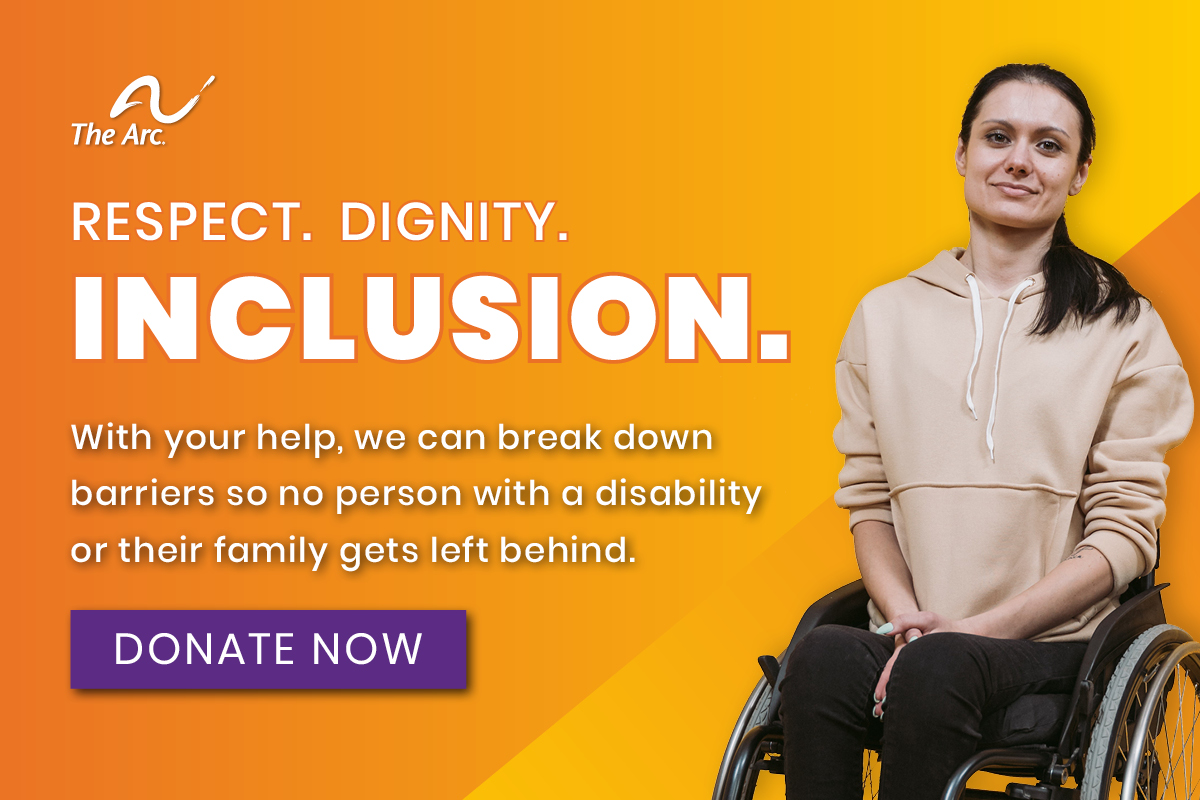Contents
Introduction
Over the past several decades, medical and social advances have led to dramatic increases in life expectancy of individuals with developmental disabilities. While disparities remain, the average lifespan for the majority of individuals with developmental disabilities is comparable to that of the general population. Very little research has explored the aging experiences of older adults with autism spectrum disorders and their families.
Facing Greater Barriers
As individuals with developmental disabilities age they seek to maintain their health and functioning, maintain active engagement with life through friendships, contribute to society, and meaningfully participate in community life. However, they often face greater barriers than the general population, including limited access to quality health care and fewer financial resources. Until very recently, concepts of healthy aging and health promotion have not been applied to individuals living with disabilities. However, over the past decade greater emphasis has been placed on reducing preventable secondary conditions, improving training of health professionals in disability, and addressing health disparities. In addition, greater emphasis has been placed on supporting individuals with developmental disabilities to make later life decisions.
Over 75 percent of adults with developmental disabilities live at home with family. There is a growing population of aging caregivers of adults with developmental disabilities, in part due to an aging population, increased lifespan, and extensive waiting lists for residential services. Latest estimates indicate that there are over 716,200 older caregivers (60-plus years of age) providing care to adult relatives with developmental disabilities. Older caregivers face many challenges, including their own age-related functional declines and significant stress concerning what will happen to their relatives when they can no longer provide care or pass away. It is often siblings that play essential roles in such transitions. Needs exist for assistance with future planning to address such issues as legal/financial, residential, and social needs.



